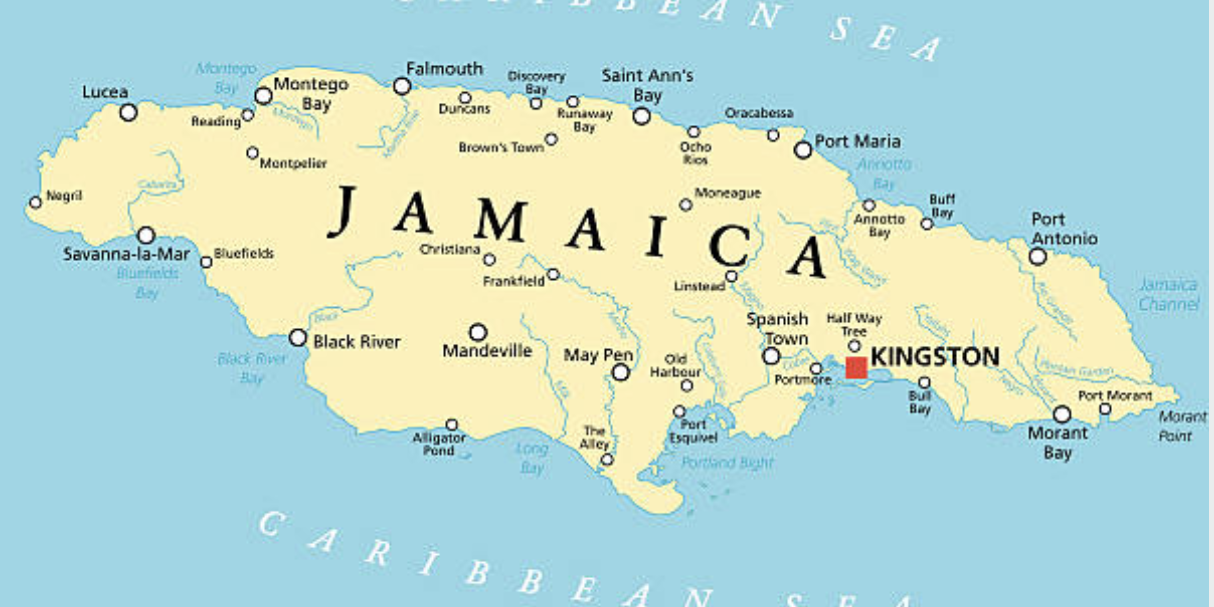For decades, the idea of reparations for the descendants of enslaved Africans was treated as a moral but politically distant issue. Today, that conversation has become louder, more structured, and increasingly urgent — particularly in countries like Jamaica, where the scars of slavery remain embedded in the nation’s socio-economic fabric.
The growing call for reparations is not just about money. It’s about justice, historical accountability, and creating a foundation for true equality. As this movement gains momentum, Jamaicans are beginning to ask deeper questions: What do reparations really mean? Who should be held responsible? And what would reparations look like in practical terms?
Historical Context: A Legacy of Exploitation
Between 1655 and 1838, more than 600,000 Africans were forcibly brought to Jamaica under British colonial rule. These individuals and their descendants endured unspeakable brutality — forced labour, family separation, torture, and systemic dehumanization — to build the wealth of the British Empire.
When slavery was abolished in 1834 (with full emancipation in 1838), compensation was paid not to the enslaved, but to the slave owners. Britain distributed £20 million (equivalent to billions today) to plantation owners for the loss of their “property.” The formerly enslaved received nothing. They were left with no land, no wealth, and few options. That injustice is the root of the modern reparations claim.
The CARICOM Reparations Commission and Jamaica’s Role
In 2013, the CARICOM Reparations Commission (CRC) was established to press for reparatory justice from former European colonizers, including Britain, France, and the Netherlands. Jamaica has played a leading role, with public figures, academics, and activists working to shape the conversation both locally and internationally.
The CRC has outlined a 10-point plan, calling for formal apologies, debt cancellation, repatriation support, land redistribution, and public health and education investments, among other measures. These aren’t vague demands; they’re targeted strategies to address the systemic damage caused by slavery and colonialism.
Why Reparations Matter Now
The call for reparations is more than a moral demand — it’s a practical issue rooted in today’s inequalities. Jamaica continues to face the long-term consequences of its colonial past:
-
Wealth Disparity: A small elite holds disproportionate power and capital, while many Jamaicans remain trapped in generational poverty.
-
Land Ownership: Much of the country’s arable land is still owned by a minority, often tracing back to colonial estates.
-
Education Gaps: The legacy of underfunded public education systems means fewer opportunities for upward mobility.
-
Healthcare Inequality: Public health issues, especially those tied to chronic illness and access, remain pronounced in historically underserved communities.
Reparations would help address these problems — not as handouts, but as investments in healing and national development.
What Could Reparations Look Like for Jamaicans?
The word “reparations” often conjures up the image of cash payouts to individuals. But that’s just one possible avenue. In Jamaica’s case, reparations could take multiple forms:
-
Debt Forgiveness: Jamaica has spent decades under crushing international debt — much of it a result of post-colonial structural inequalities. Canceling this debt could free up national resources for education, healthcare, and infrastructure.
-
Educational Investment: Funding for public schools, universities, and scholarship programs specifically aimed at disadvantaged communities would help break the cycle of poverty.
-
Land Redistribution or Access: Addressing the imbalance in land ownership through government-supported redistribution or land-access programs would give more Jamaicans a stake in the nation’s economic life.
-
Cultural and Historical Recognition: Investment in museums, memorials, and curriculum reforms would help reshape public understanding of Jamaica’s true history and affirm the dignity of its African heritage.
-
Direct Community Investment: Reparations could also mean targeted investments in rural and urban communities that have historically suffered from disinvestment.
The Pushback: Opposition and Misconceptions
Not everyone supports the idea of reparations. Critics argue that it’s unrealistic to expect modern-day governments or taxpayers to pay for historical injustices. Others fear that reparations would be divisive or economically unfeasible.
But these arguments often ignore key facts. First, many institutions — including banks, insurance companies, and universities — directly profited from slavery and continue to benefit from that legacy. Second, reparations are not just about the past; they are about correcting ongoing systemic disadvantages rooted in that past.
In fact, major institutions like the Church of England and the University of Glasgow have begun offering reparative payments or programs, acknowledging their historical roles in slavery. These efforts demonstrate that reparations are not only possible — they’re already happening.
Jamaica’s Youth and the Future of the Movement
One of the most powerful aspects of the reparations movement in Jamaica is the growing engagement of young people. Social media, community activism, and educational campaigns have all helped to amplify youth voices calling for justice. For many young Jamaicans, reparations are not just a historical issue — they’re about the kind of country they want to inherit.
Final Thoughts: Justice, Not Charity
Reparations are not about guilt. They are about responsibility. They are not a favor. They are a long-overdue recognition that the legacy of slavery didn’t end in 1838 — it continues to shape lives today.
For Jamaicans, the call for reparations is a call for dignity, economic justice, and national restoration. Whether in the form of financial investment, historical acknowledgment, or structural reform, reparations represent a step toward a fairer, freer Jamaica — not just for descendants of the enslaved, but for the nation as a whole.









